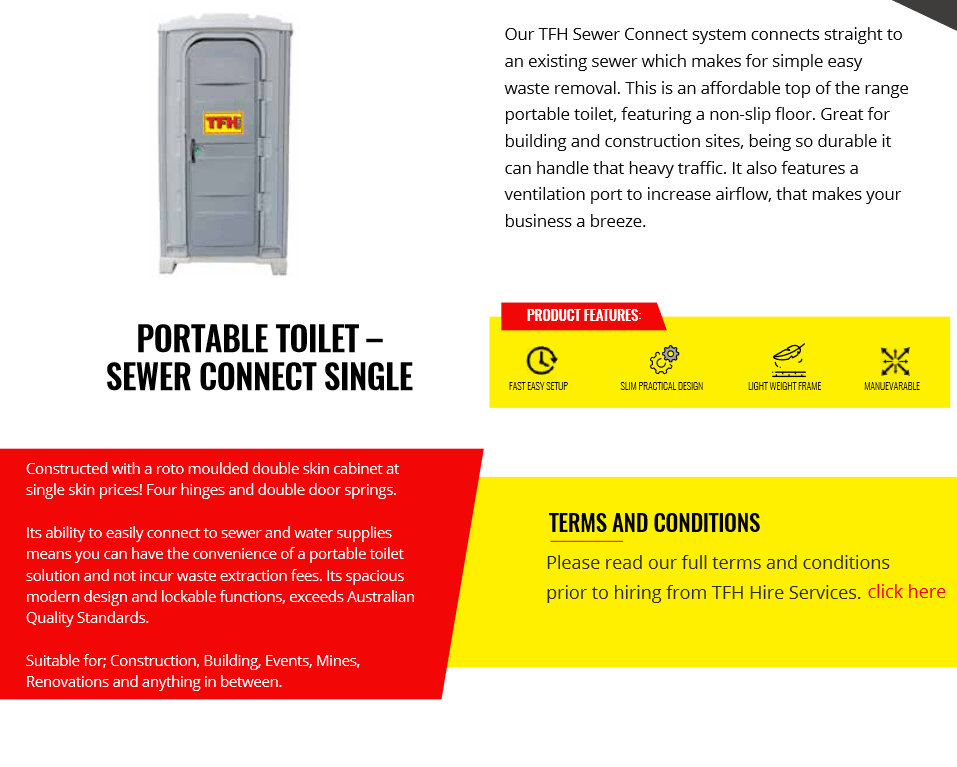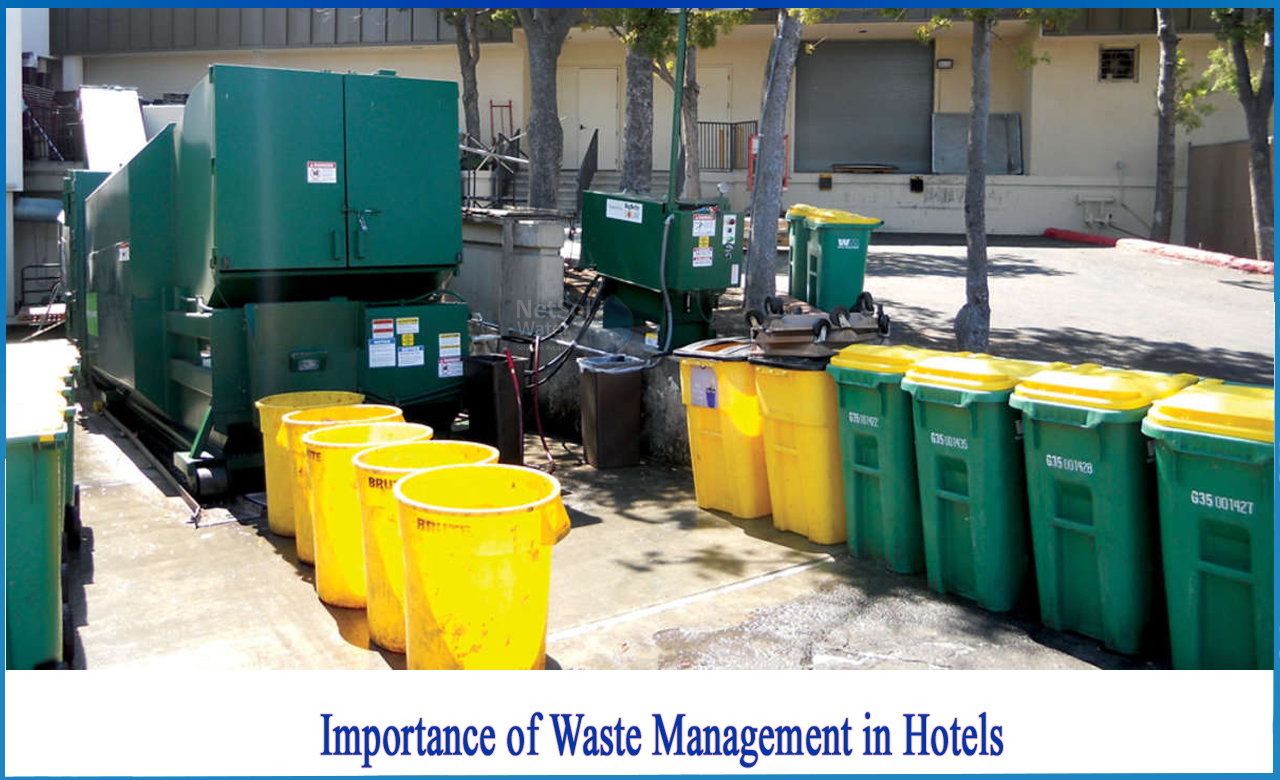Our Reclaim Waste Ideas
Our Reclaim Waste Ideas
Blog Article
The Best Strategy To Use For Reclaim Waste
Table of ContentsThe 9-Minute Rule for Reclaim WasteThe Main Principles Of Reclaim Waste All about Reclaim WasteSome Of Reclaim WasteAbout Reclaim Waste
Explore the kinds, events, and kinds of liquid waste. Domestic sewage waste refers to the waste and items from a residential septic system. This sort of waste is produced by human beings in residences, colleges, and other buildings. This only consists of sewage-disposal tanks that have a drain field. The correct management and disposal of residential sewage waste require fluid waste to be moved to a sewage therapy plant where the proper methods and equipment are applied to cleanse and take care of waste.
Business waste frequently includes prospective hazards, such as combustible products or a blend of liquid and strong waste products, and calls for a much more advanced and detailed disposal procedure. The disposal of industrial waste commonly involves the filtration of waste before transport to ensure risk-free and correct disposal. Industrial waste is created from results and runoff of commercial procedures and manufacturing.
This kind of waste can not use the very same sewer administration transport or processes as septic or business fluids. The hazardous waste administration procedure requires the inspection and screening of fluid waste prior to it undergoes the disposal procedure (liquid waste removal). Runoff waste is the liquid waste that originates from drainage and excess stormwater in extremely booming areas or cities
Overflow waste can trigger contamination and flooding if not managed appropriately. Discover more regarding drain cleaning and waste monitoring. Making certain proper waste monitoring can avoid catastrophes and minimize ecological damage. Both people in residential settings and professionals in industrial or manufacturing markets can profit from comprehending the processes and regulations of liquid waste administration.
Top Guidelines Of Reclaim Waste
Contact PROS Providers today to learn concerning our waste management and disposal services and the proper ways to care for the fluid waste you create.
(http://www.askmap.net/location/7161699/australia/reclaim-waste)Do you know what occurs to your water when you end, flush the commode or drain the washing machine? No? Well, it's worth knowing. This so-called 'wastewater' is not just a vital resource however, after treatment, will be launched to our land, waterways or the ocean. Used water from toilets, showers, baths, kitchen sinks, washings and industrial procedures is referred to as wastewater.

water used to cool machinery or tidy plant and equipment). Stormwater, a form of wastewater, is overflow that flows from agricultural and metropolitan areas such as roof coverings, parks, gardens, roads, courses and gutters right into stormwater drains, after rainfall. Stormwater flows without treatment directly to regional creeks or rivers, at some point reaching the sea.
Getting My Reclaim Waste To Work
In Queensland, most wastewater is treated at sewage treatment plants. Wastewater is delivered from residential or industrial sites with a system of sewage systems and pump stations, understood as sewerage reticulation, to a sewage therapy plant. City governments develop, keep and operate most sewage treatment plants. Operators are licensed under the Environmental Protection Act 1994 to release cured wastewater at an appropriate ecological standard into waterways.
The Department of Natural Resources advises city governments concerning handling, operating and preserving sewerage systems and therapy plants. In unsewered locations, neighborhood governments may require householders to mount private or family sewage treatment systems to deal with residential wastewater from bathrooms, kitchen areas, shower rooms and washings. The Division of Natural Resources authorises making use of home systems when they are shown to be efficient.
In some brand-new subdivisions, therapy of some stormwater to remove trash, sand and gravel has begun using gross toxin traps. Wastewater treatment takes place in four phases: Removes strong issue.
Wastewater after that flows into huge containers where solids clear up and are removed as sludge. Grease and residue are skimmed from the surface area. Makes use of tiny living microorganisms referred to as micro-organisms to break down and eliminate continuing to be liquified wastes and fine bits. Micro-organisms and wastes are included in the sludge. Removes nitrogen and phosphorus nutrients that might create algal blooms in our rivers and intimidate aquatic life.
The Only Guide for Reclaim Waste
Nutrient elimination is not offered in any way sewer treatment plants since it needs costly specialised equipment. It is becoming more usual in Queensland. Clear fluid effluent generated after therapy may still include disease-causing micro-organisms. If this effluent is released right into rivers such as rivers or the sea, the micro-organisms will ultimately Clicking Here die out.

A lot of wastewater flows right into the sewerage system. Under the Act, neighborhood governments carry out approvals and permits for environmentally pertinent activities (ERAs) including wastewater launches that may have a neighborhood effect.
All about Reclaim Waste
Tracking supplies valid information concerning water quality and can validate that permit conditions are being met. The information obtained via tracking provides the basis for making water top quality decisions.
Report this page